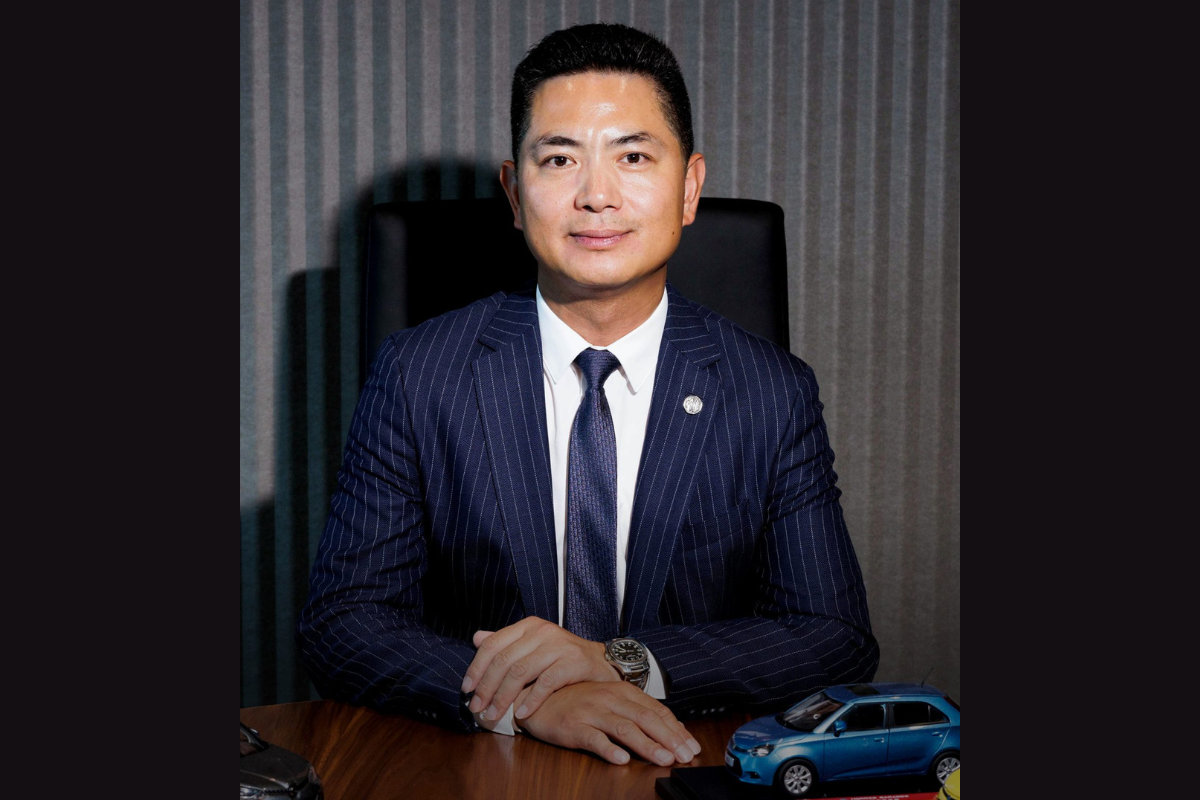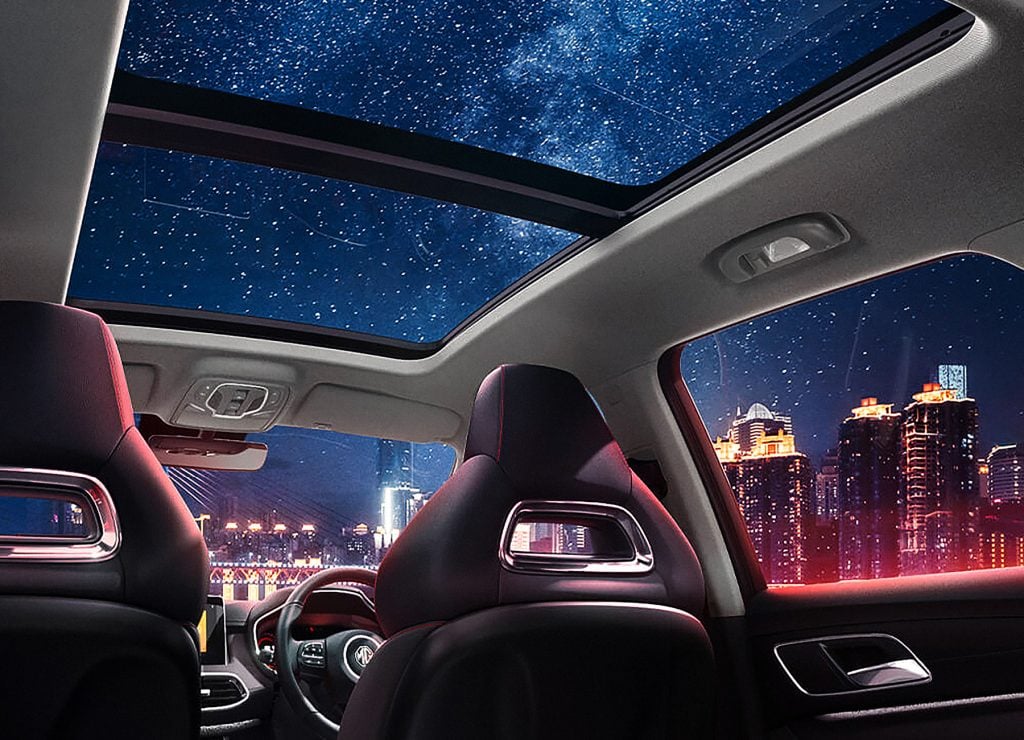Driven to Success: Peter Ciao
On his way to propelling MG Motor Australia to bestseller status, CEO Peter Ciao has broken down barriers both on- and off-road in his new home.
Understanding Australians means understanding two things: Australian wine and Australian football.

That was the sage advice handed down by a friend just as Peter Ciao was uprooting his life in China and moving to Australia to establish the emblematic British motor brand MG – now owned by China’s SAIC Motor – in the local market.
It didn’t matter that, coming from the heavy truck market, this was his first foray into the passenger vehicle segment, or that he spoke hardly any English. Ciao was determined to succeed, even if that meant building up the business from zero. And he knew that much of what was to follow would hinge on him getting a solid understanding of the country and its people.

When the cars come here, they are driven by Australian people. I needed to understand Australia as a country and as a people.
"Yes, MG was born in the UK, but that’s it. Even the cars are now made in China. When the cars come here, they are driven by Australian people. I needed to understand Australia as a country and as a people," the CEO of MG Motor Australia tells The CEO Magazine.
More than luck
In the five years since he and the MG brand arrived in the country, Ciao has proven himself to be a model student. He’s become a keen connoisseur of domestic wine, expanding his knowledge beyond Penfolds. "That’s really the only Australian wine most people know of in China," he says with a smile.
On the football front, MG is entering its third year of a five-year deal as Australian Football League club Port Adelaide’s major sponsor. The company has also partnered with National Rugby League’s South Sydney Rabbitohs.
In return for his efforts in learning – and immersing – both himself and the brand in Australian culture, locals are embracing MG in record numbers. New car sale figures for the brand in Australia have risen from 15,253 in 2020 to 39,025 in 2021 and 49,582 in 2022.
In December 2022, more new MGs were sold than Hyundais and Mitsubishis – a first for a Chinese brand against established South Korean and Japanese manufacturers. "We’re the fastest-growing car brand in Australia," Ciao says proudly.
We’ve always tried our hardest to understand who our customers are and what they want.
Reflecting on the whirlwind journey, he grins. "Sometimes, I think maybe I’m just really lucky," he jokes, but he knows it’s down to more than luck. "We’ve always tried our hardest to understand who our customers are and what they want."
And in this current market, the answer involves value. "We provide the best value in the market," he explains. "For every model, our value is much higher than another brand in the same segment."
Building Trust
Ciao’s biggest achievement since landing in Australia? "I’ve got more than 100,000 customers to trust MG, and more than 80 local business partners and 100 employees to trust me and to join the MG family. That means we are going well."
Electric dreams
For example, take electric vehicles (EVs), a category of car that is often priced out of reach for many who aspire to drive one.
"Before MG launched an EV in Australia, all the options on the market were priced around A$60,000 [US$42,880]," Ciao reveals. "When we launched the MG ZS EV compact SUV at A$43,990 [US$31,450] drive away, everyone was shocked."
That was in 2020 and since then it has been updated and the bigger MG HS EV sport utility vehicle has debuted.
There are no plans to take the foot off the gas as Ciao looks to continue the brand’s growth trajectory across Australia and New Zealand, particularly in the EV segment, but he appreciates that playing a role in infrastructure development is necessary.
It hasn’t been boring learning. It’s a very interesting journey. I’m very much enjoying it.
It’s this awareness that is behind certain initiatives, such as the 3,000 subsidized EV chargers for the hotel industry, announced in September 2022.
"In Australia, purchase price is the biggest barrier to adoption of electric vehicles, closely followed by concern at the lack of public charging infrastructure," Ciao commented in a statement announcing the initiative.
If his time in Australia so far has taught him anything, he believes it’s that boundaries are there to be broken. And when it comes to learnings to impart with other business leaders, it’s this that he shares, as well as one final insight.
"Understanding the culture is very important. When I came here, I forgot I was Chinese. I tried to be an Aussie. And that’s why I drink like them," he says with a laugh.
"It hasn’t been boring learning. It’s a very interesting journey. I’m very much enjoying it."